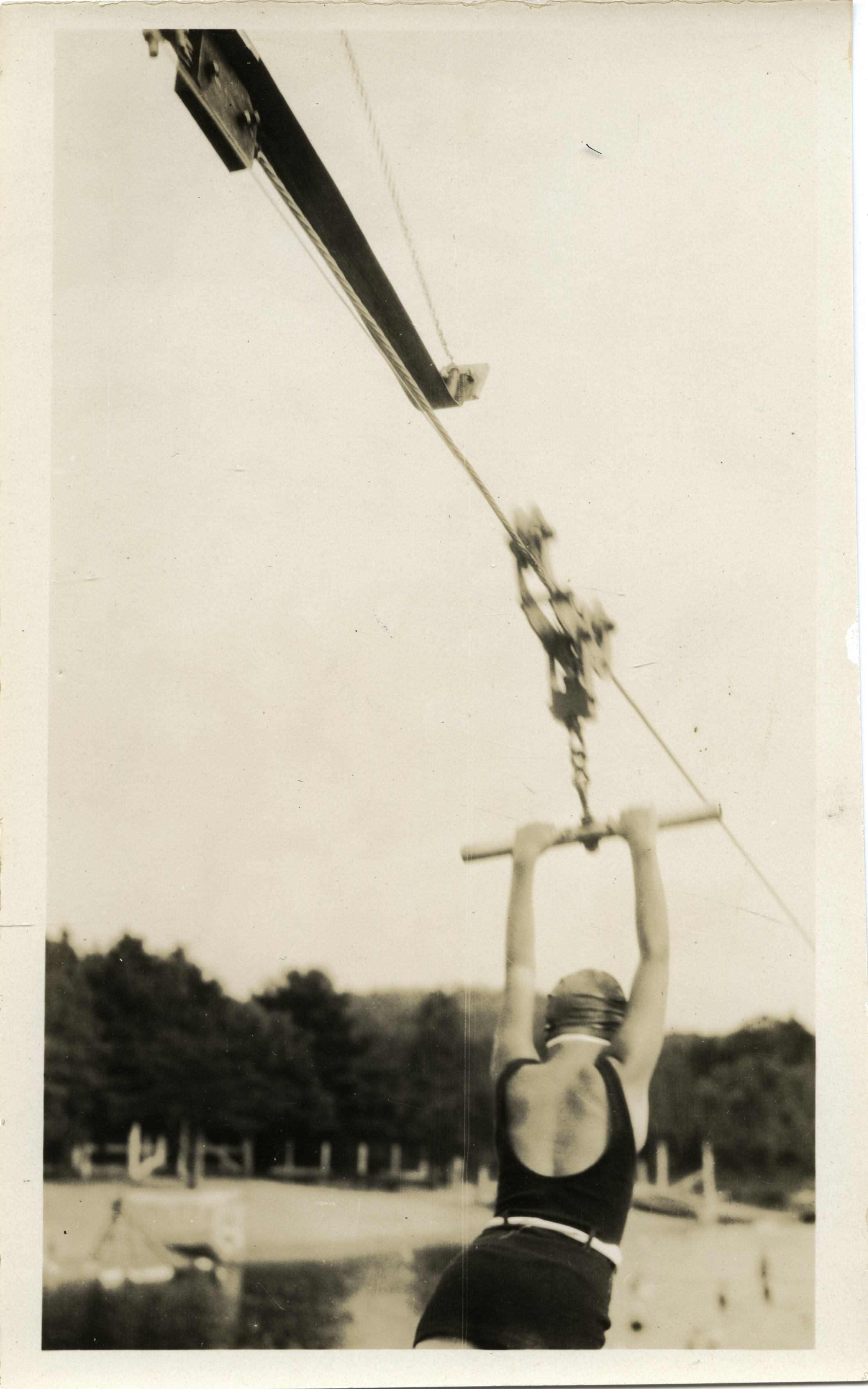Alfred A. Parker Daybooks
In the years following the Civil War, Alfred A. Parker operated a stove and tinware shop in Orange, Mass., trading with individuals and business in the nearby towns of New Salem and Erving. A native of New Hampshire and resident of Missouri in the years prior to the war, Parker had four children with his wife Frances (Whipple), two of whom survived him at his death in 1907.
Alfred Parker’s daybooks document his business transactions with local residents and firms, including the Gold Medal Sewing Machine Co., the Orange Manufacturing Co., and the Rodney Hunt Machine Co. The entries note charges for labor (especially soldering), the cost of stoves, pipe, kettles of various sorts, roofing material, and information about shipping costs.


